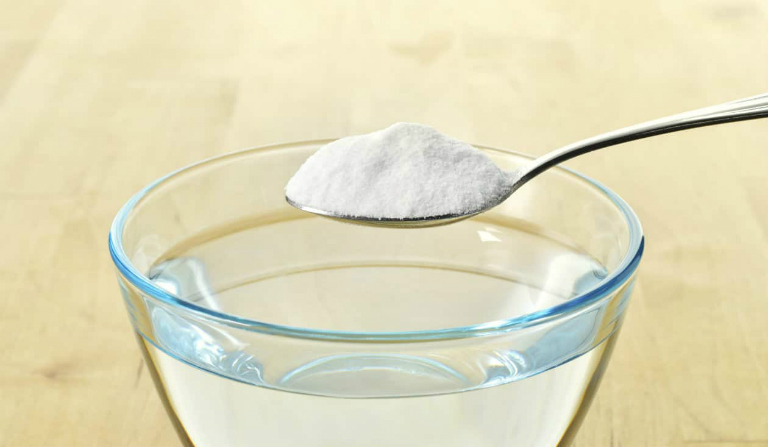
Saltwater: Gargling with saltwater is the most popular method to get rid of phlegm. Saltwater kills bacteria and soothes the throat. Remember to use warm water for better results.
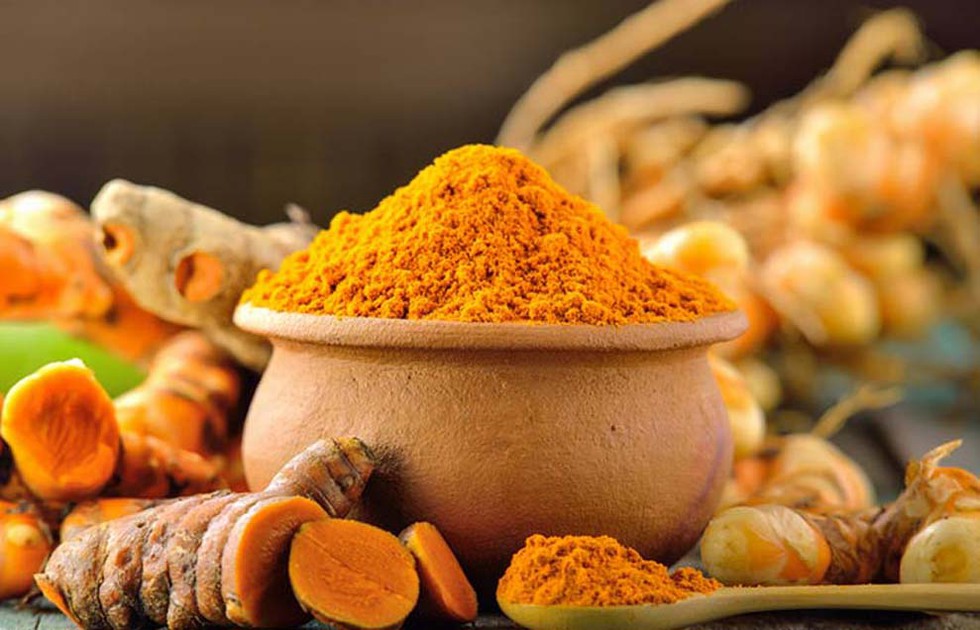
Turmeric: Turmeric has antiseptic properties and boosts your immune system. If you’re dealing with phlegm in your throat, use turmeric to kill the bacteria causing the mucus.
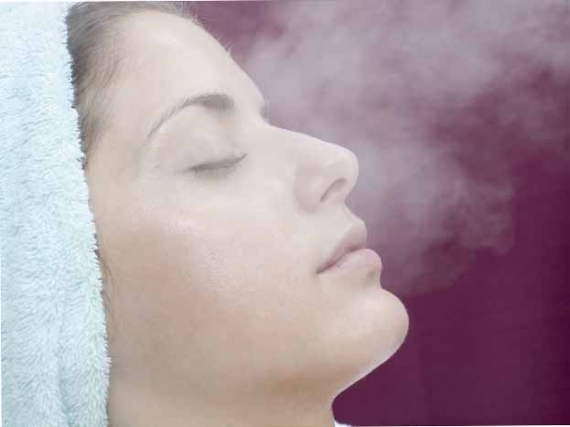
Steam Inhalation: Inhaling warm steam is an age-old and simple method to reduce phlegm, clear sinuses, and alleviate issues in the upper respiratory tract.
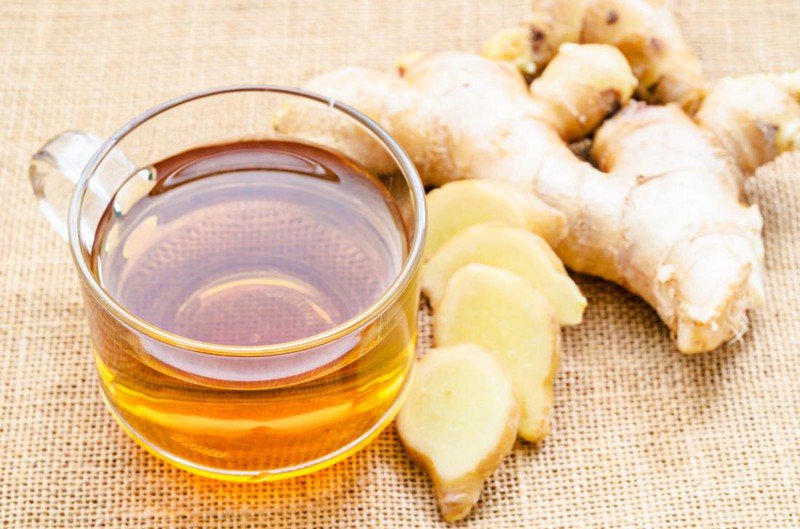
Ginger: Ginger is packed with medicinal properties and is considered a natural decongestant. According to experts, when dealing with phlegm, use ginger to fight respiratory infections and soothe your throat.
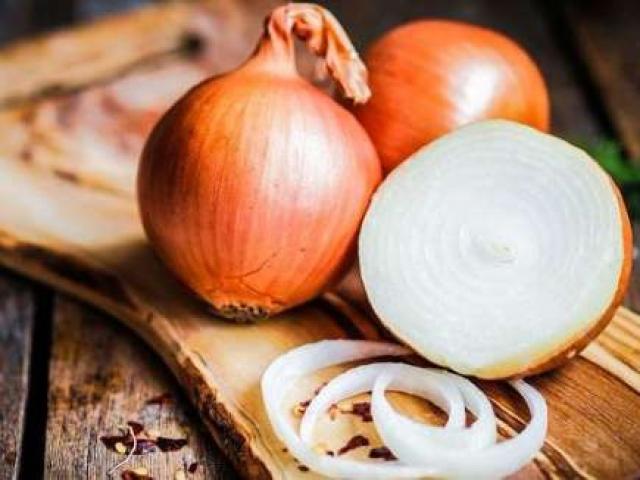
Onion: Many people dislike the smell of onions, but they are excellent at breaking down phlegm. Onions have powerful antibacterial properties, making them effective against coughs and colds.
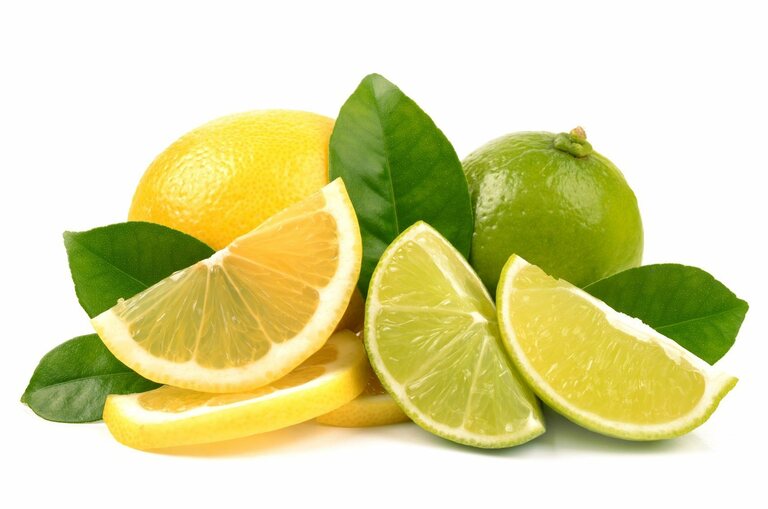
Lemon: Lemons are rich in vitamin C and have antibacterial properties, boosting your immune system to fight infections. To get rid of phlegm, prepare a warm cup of water with lemon juice and honey.
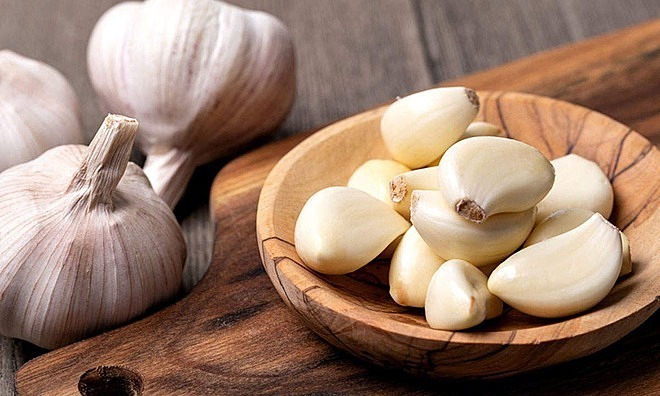
Garlic: Garlic is also packed with vitamins and has effective anti-inflammatory properties. It’s especially good at treating colds, flu, and helping with phlegm.
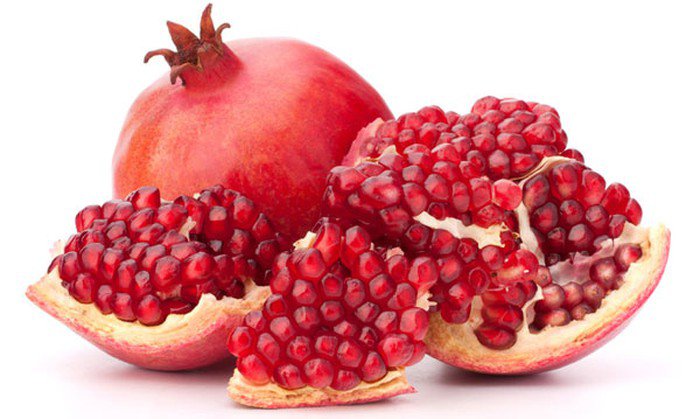
Pomegranate: Pomegranates have been considered an effective medicinal fruit since ancient times. Pomegranate juice treats fevers, diarrhea, phlegm, and various other ailments.






























